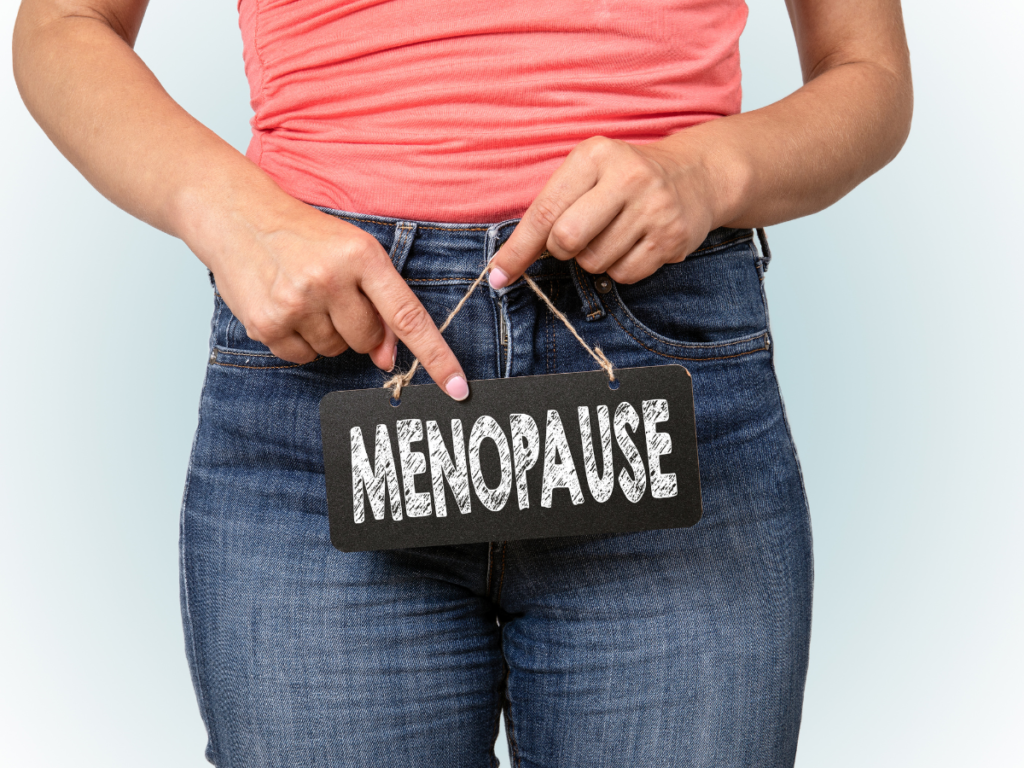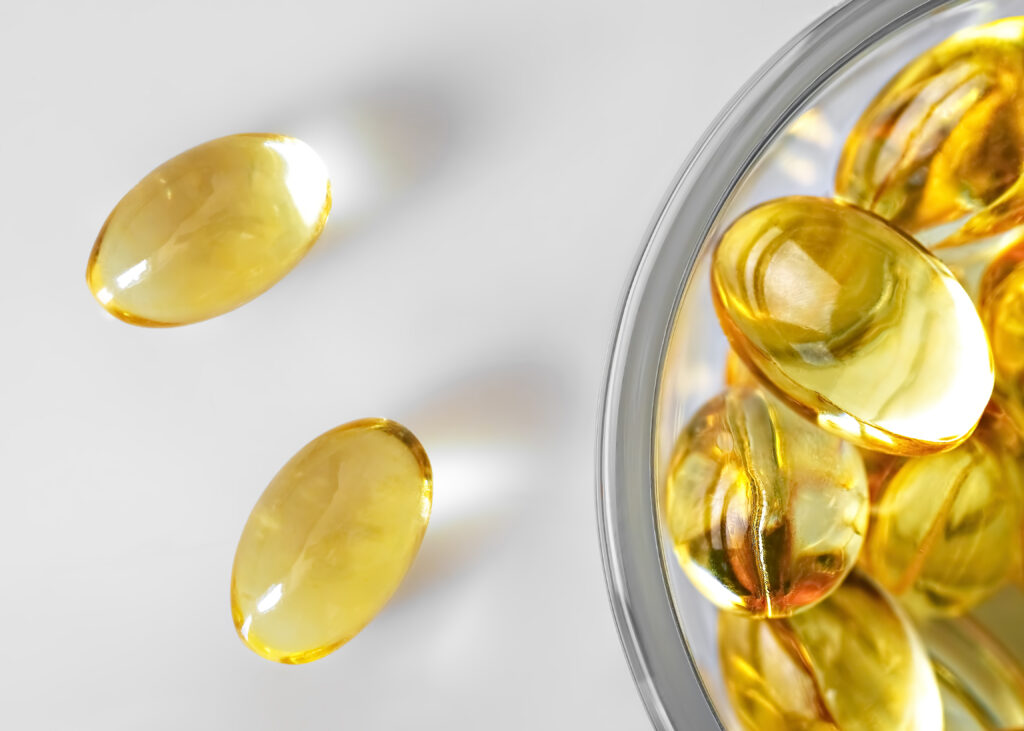As the cold season approaches it’s time to boost your defences.
Common signs of reduced immunity include frequent colds, flu, fatigue and recurrent infections like cystitis or thrush. Your immune system is the body’s built-in defence against illness. It identifies and fights off bacteria, viruses, and other foreign substances.
Factors like poor nutrition, stress, lack of sleep, smoking, and excess alcohol can weaken your immune system.
Here are some simple and effective ways to naturally enhance your immune health:
1. Maintain A Balanced Diet
A well-nourished immune system is key to staying healthy. Nutrients are essential for immune cell renewal and defence against infections. Eat a variety of fresh, seasonal foods with plenty of leafy greens, berries, tomatoes, and nuts. These contain antioxidants such as beta carotene and vitamin E. Whole grains and seeds are rich in zinc, which supports immune functions.
2. Manage Stress And Sleep Well
Chronic stress and poor sleep can weaken immunity. The average amount of sleep has reduced from 9 hours in the early 1900s to 7.5 hours today. Quality sleep is vital for cell repair and overall health. Lack of sleep can leave you feeling irritable, exhausted, and vulnerable to illness.
3. Add Garlic for Extra Protection
Garlic, part of the onion family, is a powerful immune booster with a long history of medicinal use and value. It increases white blood cell activity and enhances natural killer cells, which fight infections.
4. Stay Hydrated. Water is essential for maintaining a healthy immune system. It helps transport nutrients to cells, flushes out toxins, regulates body temperature, and keeps your mouth and throat moist, reducing your risk of catching colds. Drink regularly throughout the day – don’t wait until you’re thirsty, as thirst and dark yellow urine are signs of dehydration which is what you are looking to avoid.
5. Include Omega-3 Fatty Acids
Oily fishlike salmon, mackerel, and sardines are rich in omega-3s, which boost the activity of white blood cells. These fatty acids are known for their heart-protective benefits and immune-boosting properties. If you don’t inlcude fish in your diet, consider an algae-based omega-3 supplement.
6. Brush Your Skin For Better Immunity
Dry skin brushing stimulates the lymphatic system, helping to transport toxins, bacteria, and dead cells to lymph nodes for elimination. Spend 2–4 minutes daily brushing your skin before showering. It improves circulation and aids in detoxification.
7. Practice Deep Breathing
Deep belly breathing boosts immunity by increasing oxygen flow. Oxygen is vital for immune cells, particularly natural killer cells, that fight viruses. Deep breathing helps pump the lymphatic system, aiding the removal of toxins. Take a few moments daily for deep, mindful breaths.
8. Exercise Regularly
Moderate exercise like brisk walking for 20 – 30 minutes daily can increase the production of immune cells and enhance immune function. Studies have shown that regular walkers have about 25% fewer colds compared to non-exercisers. Other good exercises include swimming, cycling and gentle jogging. Even small actions like taking the stairs can make a difference.
9. Key Nutrients for Immune Support
Vitamin C is essential for immune cell health and reducing infection duration. Incorporate citrus fruits, bell peppers, and leafy greens.
Zinc supports immune function and is needed by every cell in the body. Good sources include nuts, seeds, and whole grains.
Vitamin D is crucial for immune health as vitamin D triggers T cells to fight off pathogens. In winter, sunlight exposure is limited, so consider supplementing. Adequate vitamin D levels also support bone health and may help prevent various conditions such as heart disease, depression, and autoimmune disorders.
10. Boost Gut Health with Probiotics
About 70% of your immune function is in the gut. A healthy gut barrier prevents harmful bacteria and viruses from entering your bloodstream. Probiotics, found in fermented foods or supplements, increase beneficial bacteria which in turn support a stronger immune response. By following these practical steps you can naturally boost your immune system and improve your overall health. Stay active, eat well, manage stress, and keep hydrated to give your body the best chance of staying strong through the colder months.
If you would like to explore whether a consultation with an expert nutritionist at the Glenville Nutrition Clinic could help you, please contact us on 01892 515 905 or send us an email at reception@glenvillenutrition.com




